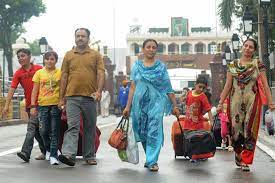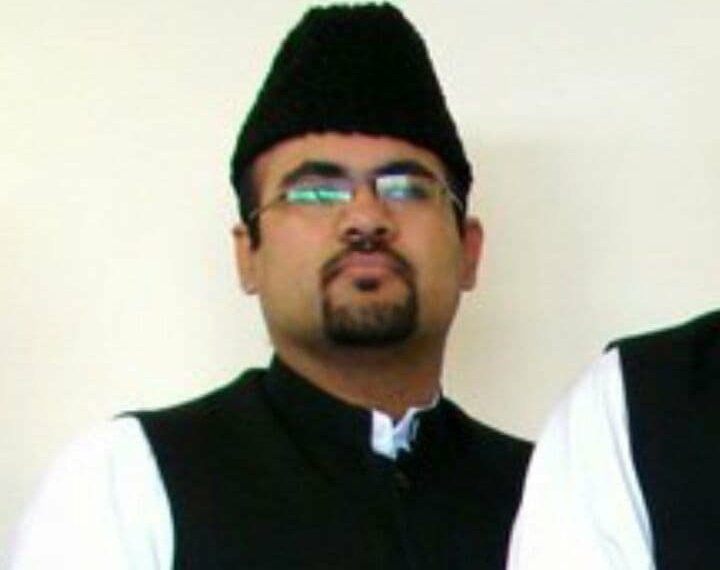‘800 Pakistani Hindus returned home from India’

Around 800 Pakistani Hindus in Rajasthan, who came to India seeking citizenship on the basis of alleged religious persecution, returned to the country in 2021, according to Seemant Lok Sangathan (SLS), a group that advocates for the rights of Pakistani minority migrants in India.
It quoted SLS as saying that many of the returnees went home after finding no progress in their citizenship application.
Their return is said to be embarrassing for India where the Ministry of Home Affairs (MHA) initiated an online citizenship application process in 2018. It also made 16 Collectors in seven States to accept online applications to grant citizenship to Hindus, Christians, Sikhs, Parsis, Jain and Buddhists from Pakistan, Afghanistan and Bangladesh.
The religiously-based citizenship law has been challenged by India’s opposition groups. A bureaucratic red-tape is a hindrance. Though the entire process is online, The Hindu said, the portal does not accept Pakistani passports that have expired, forcing people seeking refuge to rush to the Pakistan High Commission in Delhi to get their passports renewed for a hefty sum.
“If it is a family of ten, then they end up spending more than Rs1 lakh at the Pakistan High Commission to get the passports renewed. These people come to India amid great financial hardships and to cough up such a high amount of money is not feasible,” an SLS official was quoted as saying.
The MHA informed the Rajya Sabha on December 22, 2021, that according to the online module, as many as 10,635 applications for citizenship were pending with the Ministry as on December 14, of which 7,306 applicants were from Pakistan.
According to Mr Singh, there are 25,000 Pakistani Hindus in Rajasthan alone who have been awaiting citizenship, some for more than two decades. Many of them have applied in the offline mode.
In 2015, the MHA amended the Citizenship Rules and legalised the stay of foreign migrants belonging to six communities, who had entered India on or before December 2014 due to persecution on grounds of religion, by exempting them from the provisions of the Passport Act and the Foreigners Act as their passports had expired.



